
RZS-CASIS’ 10th Anniversary Reflection:
By Muhammad Nur Aizuddin bin Norafandi
[RZS-CASIS PhD Student]
If I can describe my journey learning the thoughts of Tan Sri Prof. Syed Muhammad Naquib al-Attas in one word, it would be “serendipitous”. Of course in the understanding of qada’ and qadar in Islam, nothing “just happens” because it just happens, but things happen with a reason. Some of those reasons can be known to us through the various forms of knowledge and sciences that we have, while some of them would remain unknown and hidden from us, secrets that might never be revealed.
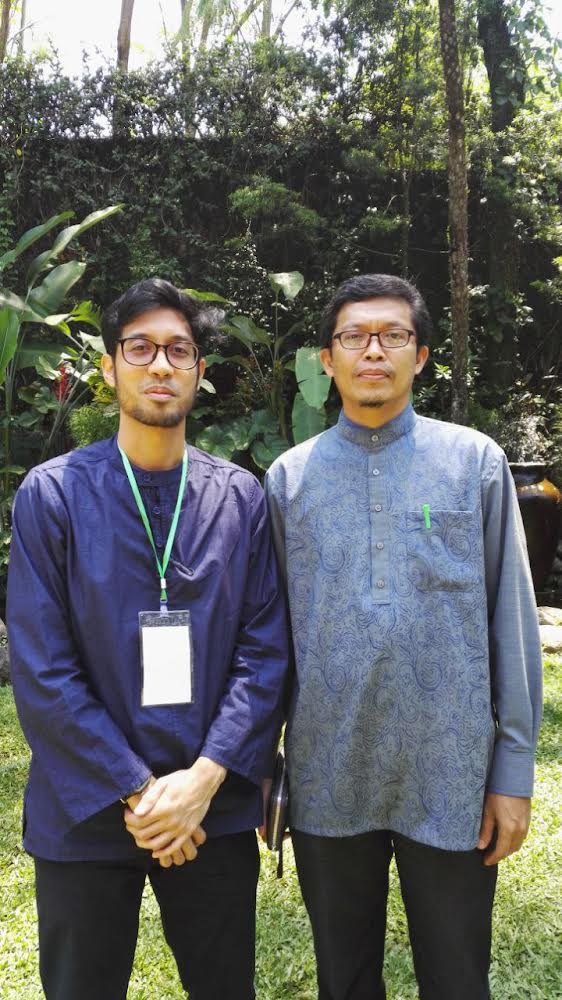
My first encounter with the works of Prof. al-Attas would be in the form of classes in IIUM that I did not plan to take. I was formerly a student of the Foundation in Biological Sciences in the now no-longer running CFSIIUM in Petaling Jaya. But due to some circumstances, I was pushed into having to take my degree in Nursing. Those who have to take their degrees in the medical sciences in the Kuantan campus were required to take what they call UNGS subjects prior to registering at the Kuantan campus, and I was one of the students who had to do this too. We were required to finish all three UNGS subjects within 6 weeks, 2 weeks for each subject. Upon registering for the subject, we were greeted with the prospect of knowing who our teachers were going to be and upon inspection, my classmates and I were assigned to Dr. Farid Mohd Shahran, and Dr Aliza Elias as our lectures for the subjects. Thus we spent 6 weeks learning “Islamic Worldview”, “Knowledge and Civilization”, and “Ethics and Fiqh in Everyday Life”. Coming from 2 years of learning the hard sciences, having to jump into learning “What is a worldview?”, “Why is being ethical important?”, and “What makes a person good?” was a challenging ordeal, what more to learn it all within that short of a time span! We were very much lucky, Dr Farid and Dr Aliza were truly kind teachers to us, and they guided us through to understand these important questions. It was through their introduction of the thoughts of Prof al-Attas that I started to read “Islam and Secularism” at the ripe age of 20.
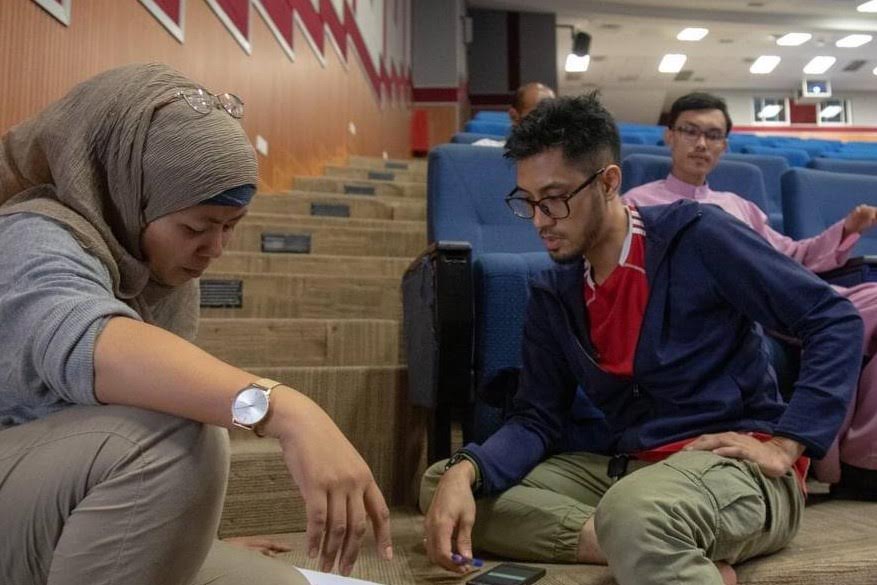
Fast forward to my years taking my bachelors, I had changed my course from Nursing to Human Sciences, majoring in sociology and anthropology at the then Kuliyyah of Islamic Revealed Knowledge and Human Sciences (now renamed to Abdulhamid Abusulayman Kuliyyah of Islamic Revealed Knowledge and Human Sciences). I then enrolled to do my masters in the same Kulliyyah and the same programme, doing it in the coursework mode, with a research that had me look into the entrepreneurial activities of people with disabilities (PWD). Once I finished my masters, I was at a loss of where to go next. Almost a year of job hunting and contemplating on whether to continue my PhD. If so, then in which field and where? That was when a chance meeting with a neighbour during one hot afternoon after Jum’ah led me to be introduced to Sister Sharifah Hajar Almahdaly. That neighbour is a friend of Prof Zainīy, where they used to meet at ISTAC in Jalan Damansara. Sister Hajar then invited me to attend a reading of Islam and Secularism that was being done by Prof Zainīy at CASIS at that time. I was reluctant at first, being the sceptic that I am, but eventually had the courage to join the sessions. I was immediately blown away by the way Prof. Zainīy explained the book during his reading session. The next few days, I then joined a Collaborative Learning session on Western Philosophy by Brother Syed Muhiyuddin al-Attas. This session was another eye-opener for me, since prior to this what I was used to was the discussion of philosophy in only the social context. Little did I know there was a larger scope of the study of philosophy. What more, Brother Syed Muhiyuddin was able to also weave into the discussion elements of the Worldview of Islam, which made it even more compelling. It was also in this session that I began to get to know the peers that are currently the ones closest to me now in RZS-CASIS.
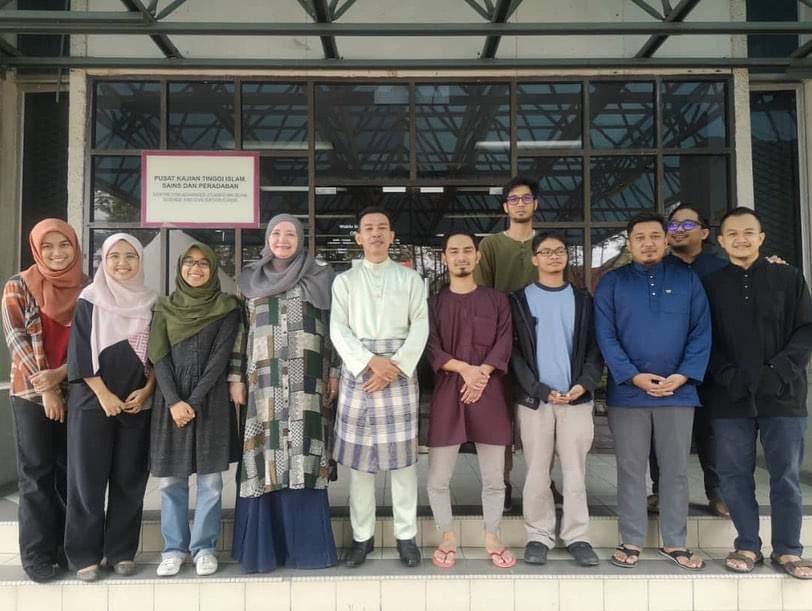
What really made me come to CASIS and what made me decide to stay in CASIS was ultimately because of the companionship that I found here. Being in a place where you are able to be comfortable to share views and ideas. To add, we are also surrounded by people who are true experts in their field, be it our teachers, seniors, as well as friends and guests that come to CASIS. This environment of knowledge, a culture of knowledge (budaya ilmu as espoused by Prof. Wan Mohd. Nor Wan Daud) is really what made me feel that this is the place that I truly belong to.
In continuation of the above, being in CASIS, one is able to properly inquire the right people in their respective fields. I decided to properly join CASIS after I joined several of the classes as an audit student. In my first semester of auditing, I took four subjects: 1. Shari’ah: Introduction to Islamic Studies 2 with AP Dr. Wan Azhar Wan Ahmad, 2. Decolonisation and Islamisation of Contemporary Knowledge with AP Dr. Khalif Muammar A. Harris, 3. Islam and the Philosophy of Science with Prof. Dr. Muhammad Zainiy Uthman, and 4. Major Muslim Thinkers with Dr. Suleiman Mohammed Hussein Boayo. I was asked to become the Lecturer’s Assistant for Dr Suleiman during my first time auditing, no doubt it felt like a daunting task! Little did I know that this was the avenue that allowed me to know and appreciate CASIS even more. The audit classes were definitely something truly different than what I had experienced before. It was, and they still are, very intense in the nature and level of discussions that we experience. It was also one of my first experiences of using various references and sources in more than one language. English of course is the main language, then we would have Arabic sources, Persian, French, German, not to forget Jawi. In the class that I was the Lecturer Assistant itself, we were reading the debate between Abu Bishr Ibn Matta and Abu Siad al-Sirafi. It was my first experience of reading an Arabic text, where Dr Suleiman would explain to us the text after we read it. Then we would discuss points of interest between the students and the lecturer. This tradition of giving commentary to the text we are reading really opened my eyes to the wider culture of knowledge that is within Islam. The other classes like Prof Zainiy’s “Islam and Philosophy of Science” also used the same method of a running commentary on the text we are reading.
More opportunities came to me in the form of other student activities like the Worldview of Islam Series (WISE), the Worldview of Islam Series Summer School (WISEss), Saturday Night Lectures (SNL), Scholarly Dialogues, and also the International Symposium on Syed Muhammad Naquib al-Attas, as well as the recent 3-Day Webinar on Syed Muhammad Naquib Al-attas’ 90th Anniversary – I was given the trust to help with these activities in various forms and capacities, and this, again, cemented my being in RZS-CASIS. Other than these internal activities, I am also involved in activities that involve other organisations, one currently being the Siri Webinar Alam Sekitar in collaboration with the Ministry of Environment and Water. The most memorable activity for me along the years would be the WISE Summer School in 2019. I was asked to be the Participant Relations Officer, as well as a Tutorial Assistant. These two roles allowed me to get out of my comfort zone, also really made me grow in terms of understanding how RZS-CASIS works, and also in getting to know my seniors and colleagues better. Moreover, being involved in WISEss 2019 managed to open up my horizons to see how widely the thoughts of Prof al-Attas has permeated in the world, and not just in the Malay World. The people I met during the course of WISEss 2019 are truly a group of people that showed me how the knowledge culture of RZS-CASIS is a special brand of its own.
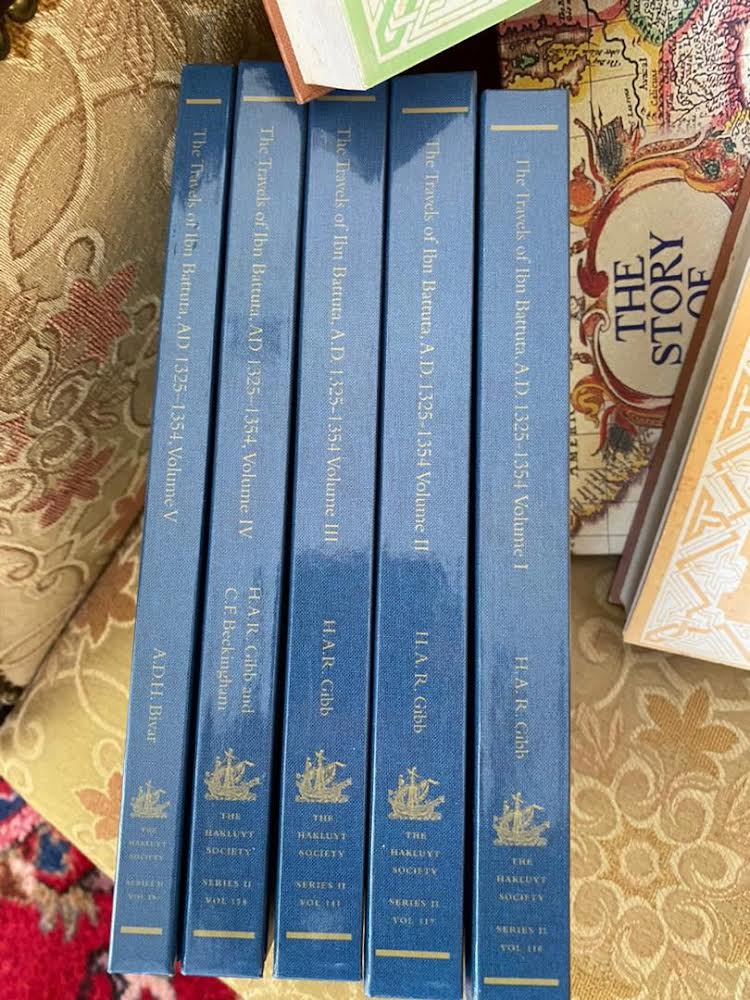
Being currently enrolled as a PhD student in RZS-CASIS, my research interest is in the civilizational aspects of Muslim travel writings. As I have stated above, my background was previously in sociology and anthropology. Anthropologists and ethnographers especially used to travel to various parts of the world. Their travels would entail several purposes. Some of them travelled for reasons of discovery or exploration of “uncharted” territories like Marco Polo, while some travelled to “observe primitive cultures” like Bronislaw Malinowski. In the course of one of the semesters prior to my proposal defence, Prof Zainiy had asked us to write reflections of the points being discussed in class. Amongst the reflections that I did in that class steered me to reading on the travel writings of Ibn Battuta and al-Biruni, but this initial reading was only done through skimming the books. I eventually came to the conclusion that research on Muslim travel writers have not much of an interest to Muslims themselves. Being familiar with how anthropologists and ethnologists travelled for the reasons they did and also how they interacted with those they met, I thought that researching Muslim travellers and their interactions with others would be interesting in itself. Hence, currently my research centres on the interactions that reflect adab in the travel writings of Ibn Battuta and al-Biruni.
The first main take-away is how important it is for us to observe adab, especially our adab towards knowledge, and also to our teachers. Being able to see and interact in this manner has allowed me to also treat knowledge properly, putting it in its right and proper place in my own daily experiences. Previously, sociological and anthropological knowledge was the only kind of knowledge that I thought was important, this being a symptom of secularization itself. But having experienced what I have in experienced in RZS-CASIS, I realise that putting societal and cultural knowledge above religious knowledge is not the right way to think about knowledge. Coming to RZS-CASIS was like returning to a place that was lost to me previously. Being able to observe adab towards knowledge and towards our teachers especially has truly allowed me to become a better person.
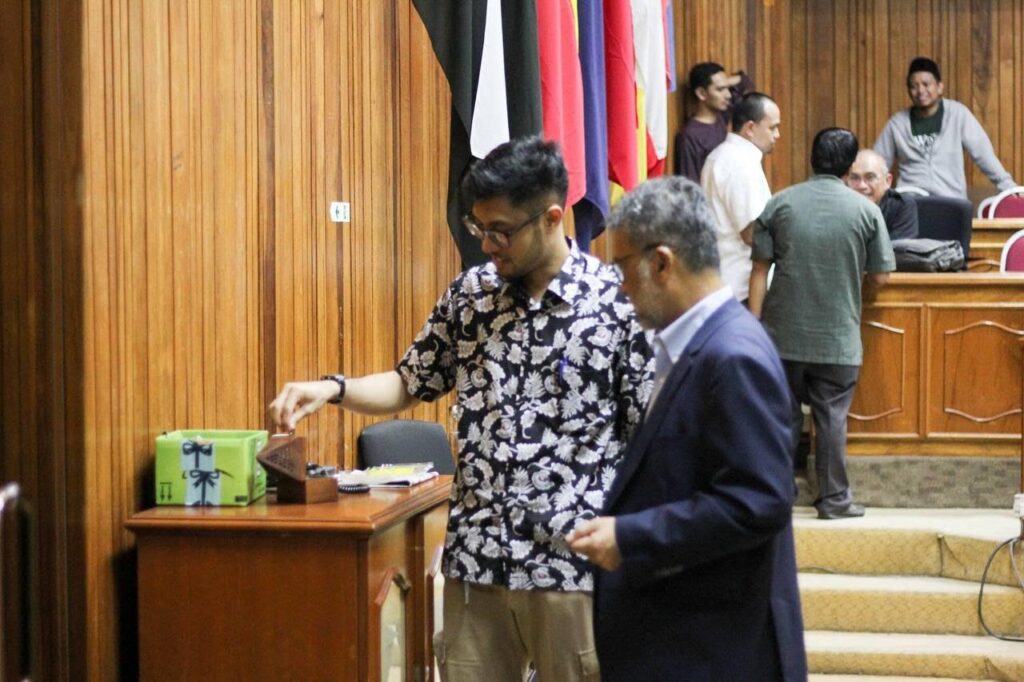
My second take-away for me from my experience at RZS-CASIS is how serious everyone is when it comes to knowledge. Be it the teaching of knowledge to us by our teachers, or the sharing knowledge between seniors and colleagues, or even just how we appreciate the knowledge we can gain from sources, I confidently can say that anything that is related to knowledge is something that is treated very seriously. The knowledge that is mentioned here is the kind of knowledge that is beneficial to us as Muslims, as individuals, and then to the society. This embodiment of the seriousness in treating knowledge has allowed me to grow at a personal level, and also at the intellectual level. With my current work as a lecturer, if it is not for being with the proper guidance I receive in RZS-CASIS, I don’t think that I would be able to be at my level best in teaching the future generations.
This journey with RZS-CASIS feels like it has yet to begin, but yet it has been around 3 years for me being with the institution. This small reflection is but a humble recollection of my experiences here, of which I intend to always be with, to continuously grow and contribute to it as life goes by.
Muhammad Nur Aizuddin bin Norafandi is currently a 3rd year PhD student at RZS-CASIS and a lecturer at the Department of Moral, Civics and Character Building Studies, Faculty of Human Sciences (FSK), Universiti Pendidkan Sultan Idris/Sultan Idris Education University (UPSI).
